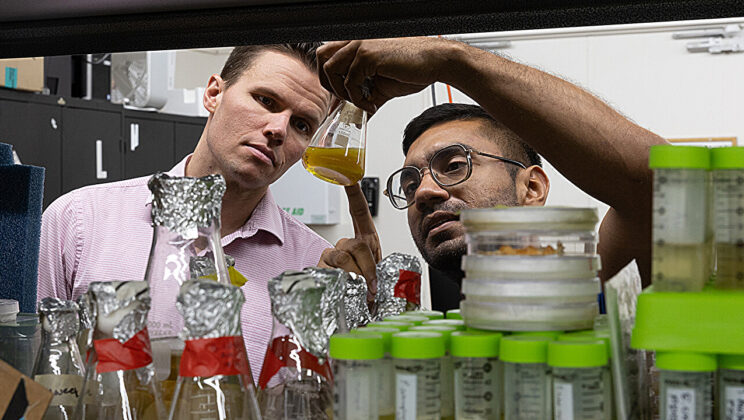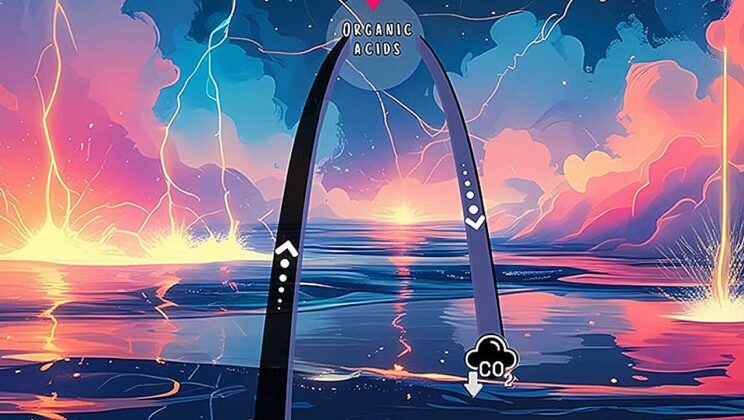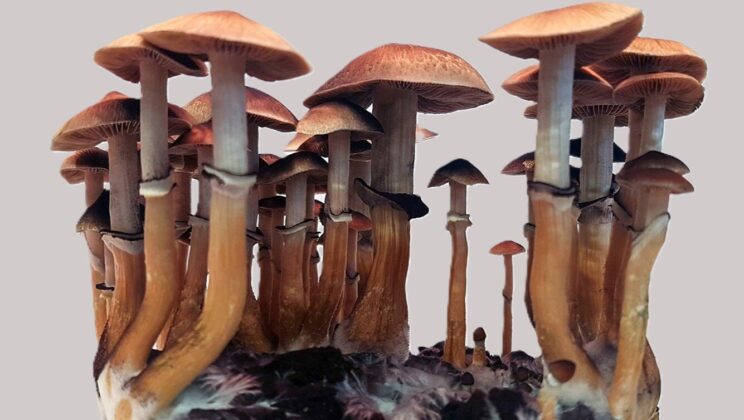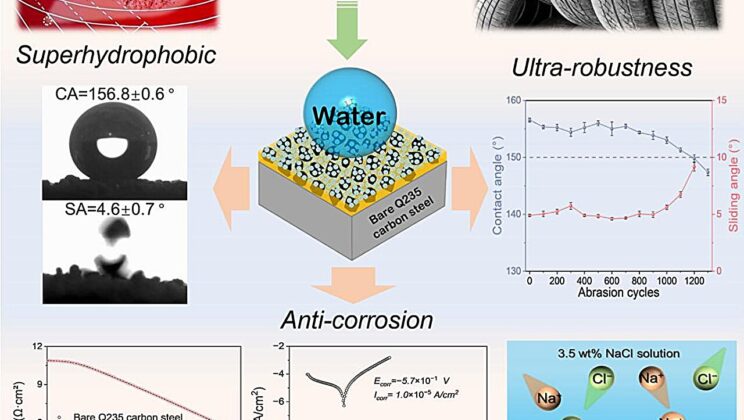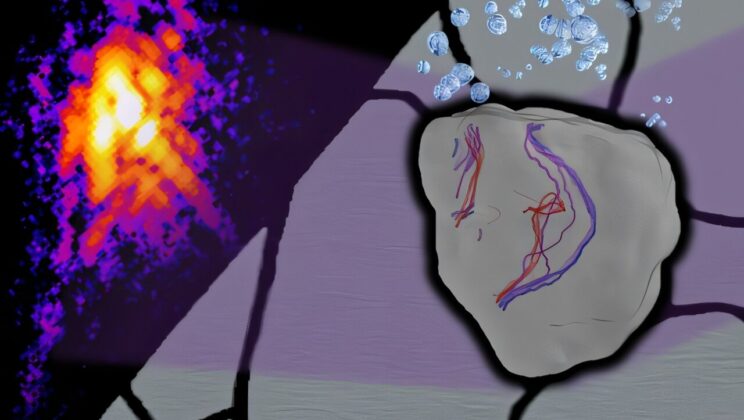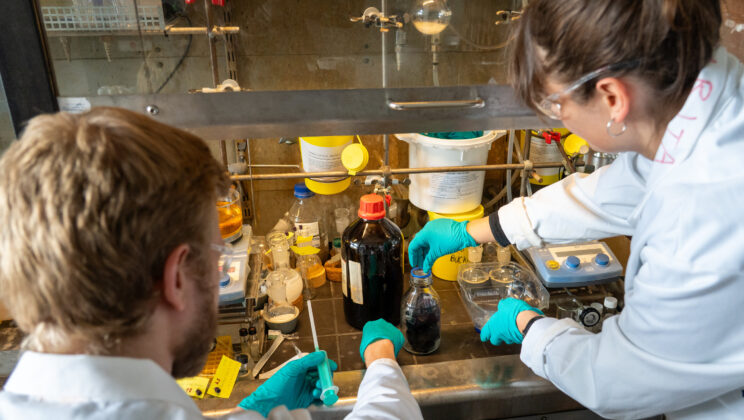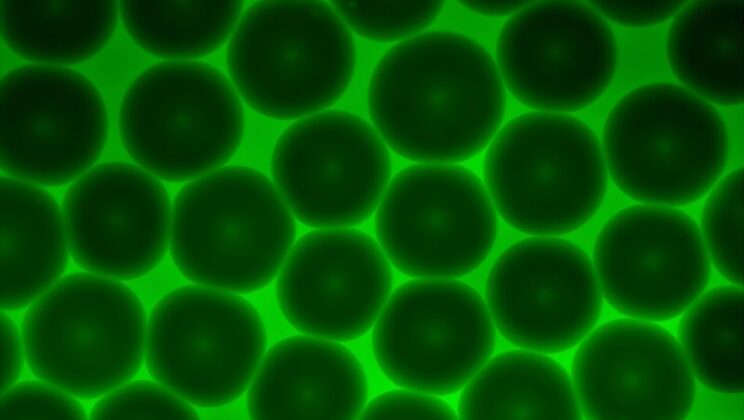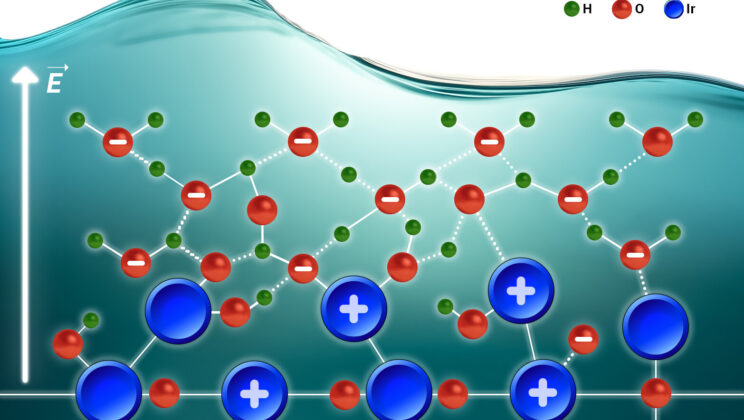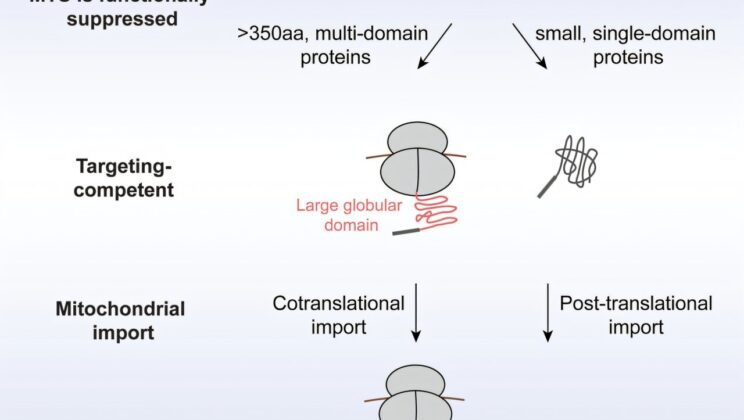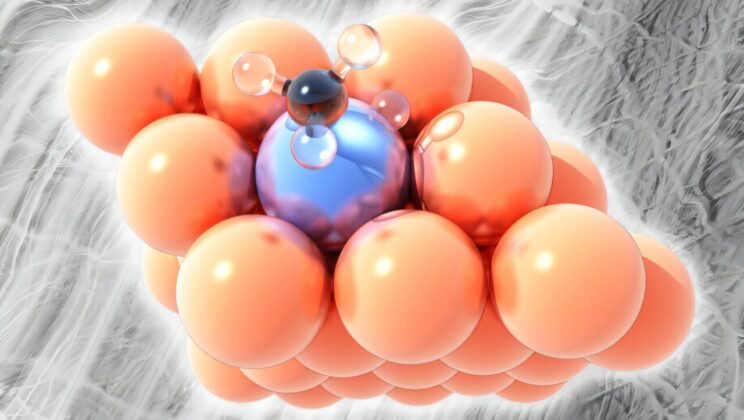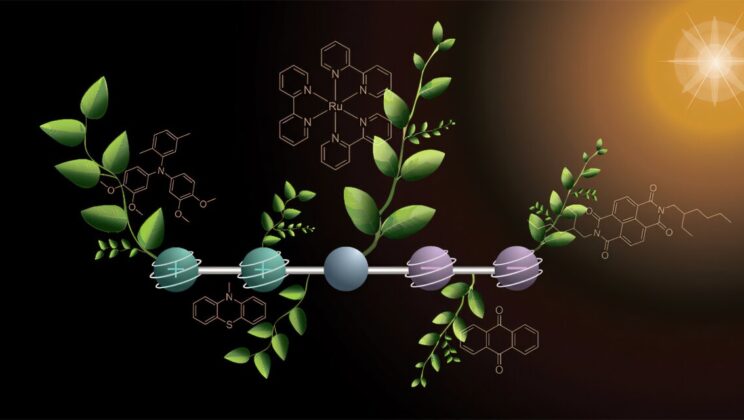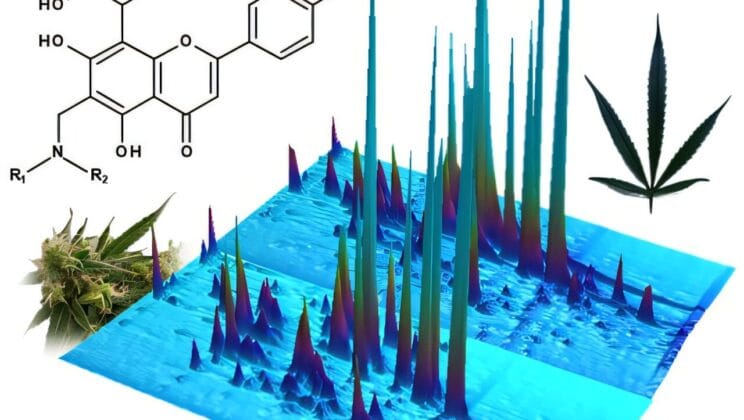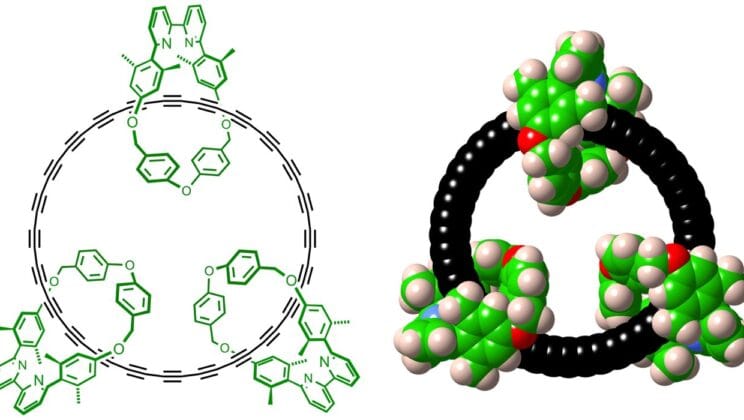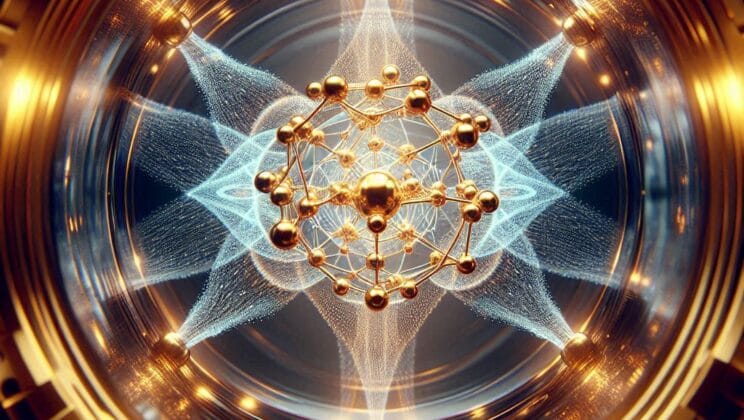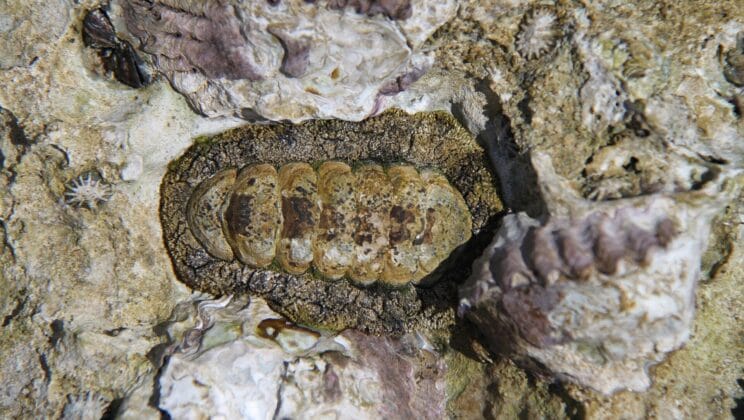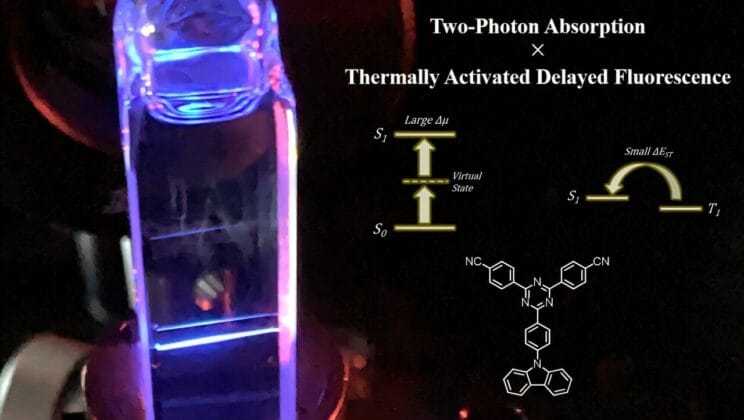In a quiet corner of southern Spain, inside the laboratories of the University of Malaga, a team of chemists has…
Category: Chemistry
Scientists Discover Soil Fungus That Could Help Regrow Human Tissue
Beneath our feet, beyond our sight, fungi have been shaping the world for hundreds of millions of years. They are…
Chemists Solved a 100-Year-Old Mystery Hiding in One of Chemistry’s Oldest Reactions
Chemistry, at its core, is the science of transformation—taking what seems ordinary and uncovering the hidden choreography of atoms and…
Scientists Turn Deadly Greenhouse Gas into Useful Chemicals—Here’s How It Works
Greenhouse gases are often seen as one of humanity’s greatest challenges. Rising carbon dioxide levels fuel climate change, trapping heat…
Scientists Discover Mushrooms Invented Psychedelic Compound Twice—Completely Independently
Across cultures and centuries, humans have encountered mushrooms not just as food or poison, but as mysterious companions on the…
Scientists Create Gel That Heals Itself in Minutes—and Glows When Stretched
Imagine a material that can stretch nearly fifty times its length without snapping, that glows in different colors when pulled,…
New Radical Material Could Make Electric Cars Run 5x Longer on a Single Charge
The world is in the midst of an energy revolution. From electric cars to renewable power grids, the demand for…
Can Discarded Tires Protect Our Oceans? Scientists Say Yes
For centuries, the oceans have carried ships, fueled trade, and supported human progress. Yet beneath the surface, an invisible enemy…
Scientists Watched Hydrogen Weaken Steel From the Inside—And What They Saw Was Shocking
Hydrogen is often celebrated as the fuel of the future. It is clean, abundant, and capable of powering everything from…
Scientists Turn Plastic Trash into a Powerful Weapon Against Climate Change
For decades, humanity has been caught in a double bind. On one side, carbon dioxide emissions continue to climb despite…
The Secret to Repairing Joints and Growing New Organs Might Be Hidden in This Strange Gel
Imagine a material that flows like liquid when pushed through a needle, yet solidifies into a structure that mimics the…
Scientists Solved a Hidden Mystery Blocking Green Hydrogen’s Future
In the race to build a cleaner, more sustainable future, hydrogen is often hailed as a game-changer. Unlike fossil fuels,…
Scientists Uncover the Hidden ‘Boarding Pass’ That Lets Proteins Enter Mitochondria
Every living cell is like a bustling city, filled with highways, factories, and power plants. At the heart of this…
The Tiny Molecule That Could Transform the Future of Medicine
Science is often told through monumental discoveries—vaccines that halt epidemics, telescopes that reveal galaxies, or machines that split the atom.…
Humans Are Learning to Turn Sunlight into Fuel Like Plants
Imagine if humans could capture sunlight as efficiently as plants do and turn it into clean, carbon-neutral fuel. A team…
Scientists Uncover a Hidden Metal Recipe That Could Power the Hydrogen Age
The future of clean energy depends on hydrogen. This simple element, when used as a fuel, produces nothing but water…
Scientists Uncover Hidden Molecules in Cannabis Leaves That Could Change Medicine Forever
For decades, cannabis research has been dominated by cannabinoids like THC and CBD—the compounds responsible for its mood-altering effects. But…
Scientists Create a New Form of Carbon That Survives in a Bottle at Room Temperature
For over three decades, the world of chemistry has waited for a moment like this. Since the discovery of fullerenes…
Scientists Discover How to Control Chemical Reactions Without Heat or Light
For centuries, chemists have learned to control chemical reactions using familiar tools — raising or lowering temperature, applying pressure, shining…
Scientists Unlock the Secret of a Sea Creature That Grows Teeth Harder Than Steel
In the wave-swept intertidal zones where ocean meets rock, an ancient group of mollusks called chitons quietly perform one of…
Scientists Harness Sunlight to Erase Forever Chemicals from Water
In a world where clean water is becoming harder to protect, scientists at the University of Adelaide have developed a…
Scientists Create First Organic Molecule to Shine Brightly and See Deep Inside the Body
In a leap that could transform both display technology and medical imaging, researchers at Kyushu University have engineered a single…

